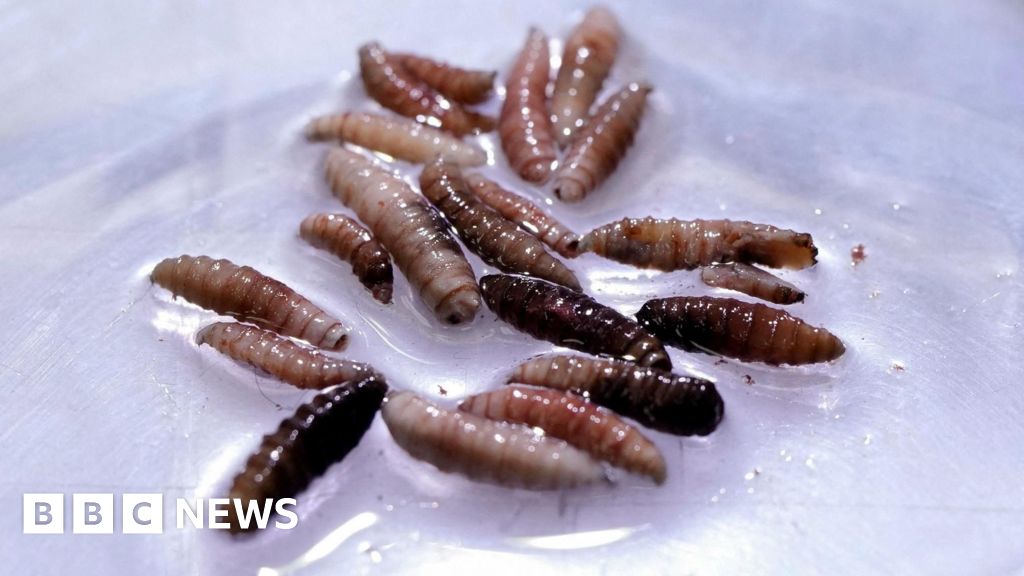NEW YORK (AP) — Health Secretary Robert F. Kennedy Jr.'s new vaccine advisory committee is set to convene this week, with anticipated votes on key recommendations regarding vaccines for COVID-19, hepatitis B, and chickenpox.
Details of the agenda for the meeting in Atlanta on Thursday and Friday remain vague, as officials at the Department of Health and Human Services have not disclosed specifics regarding the issues to be voted on.
Health experts are expressing apprehension that the decisions could prompt unnecessary doubt about vaccines among parents, potentially undermining public confidence. A significant concern is the possibility that a vote may restrict government funding for vaccines for low-income families, a move that could have far-reaching consequences.
“I’m tightening my seat belt,” commented Dr. William Schaffner, a vaccines expert at Vanderbilt University, reflecting the caution within the medical community.
The Advisory Committee on Immunization Practices (ACIP) is responsible for providing guidance to the Centers for Disease Control and Prevention (CDC) regarding the use of already-approved vaccines. Recommendations made by ACIP have historically been accepted by CDC directors and are often followed by healthcare providers across the country, influencing vaccination programs significantly.
Robert F. Kennedy Jr., a prominent anti-vaccine advocate prior to his appointment, made headlines earlier this year by dismissing the previous 17-member panel in favor of a new group that includes more anti-vaccine perspectives.
The discussion centers on three main vaccines:
COVID-19
The ACIP typically votes in June to confirm recommendations for vaccines against respiratory viruses, including COVID-19. However, during the last meeting in June, under Kennedy's direction, the committee stopped short of making any recommendations regarding COVID-19 shots. This was in stark contrast to their clear endorsement of flu shots.
Kennedy’s previous removal of COVID-19 vaccines from CDC recommendations for healthy children and pregnant women has drawn criticism from medical organizations, leading to legal challenges.
Despite Kennedy's controversial stance, CDC officials later clarified that families could consult their doctors about the 2024-2025 COVID-19 shots, ensuring continued access through the federal Vaccines For Children program. This program is crucial, covering nearly half of childhood vaccinations in the U.S. annually.
However, uncertainty looms over whether ACIP will endorse this year's COVID-19 formulations or whether they will continue to be covered under the VFC program, particularly after the FDA narrowed the recommended use of these vaccines.
Hepatitis B
The hepatitis B vaccine is crucial in preventing serious liver infections, which can be transmitted from infected mothers to their infants, often leading to chronic infections in those infants. The ACIP has historically recommended administering this vaccine within 24 hours post-birth, making it a vital part of newborn care.
Despite the vaccine's success, the new committee's members have expressed interest in reevaluating the guidelines, potentially jeopardizing the success achieved thus far.
MMRV
The varicella vaccine, commonly associated with chickenpox, has significantly decreased the incidence of the illness and its complications since being introduced in 1995. ACIP had previously recommended a combination MMRV vaccine but later adjusted this stance following concerns about higher instances of adverse effects.
The question now arises as to why there is a push to revisit this topic, with some alleging that the committee is attempting to incite distrust in vaccines.
The outcomes of this week’s meeting are poised to impact future vaccine accessibility and public perceptions on vaccination, underscoring the delicate balance between health policy and public health.


















